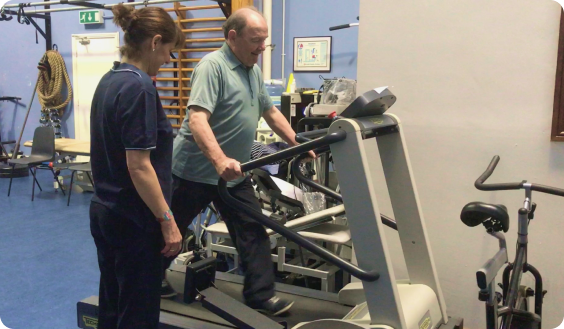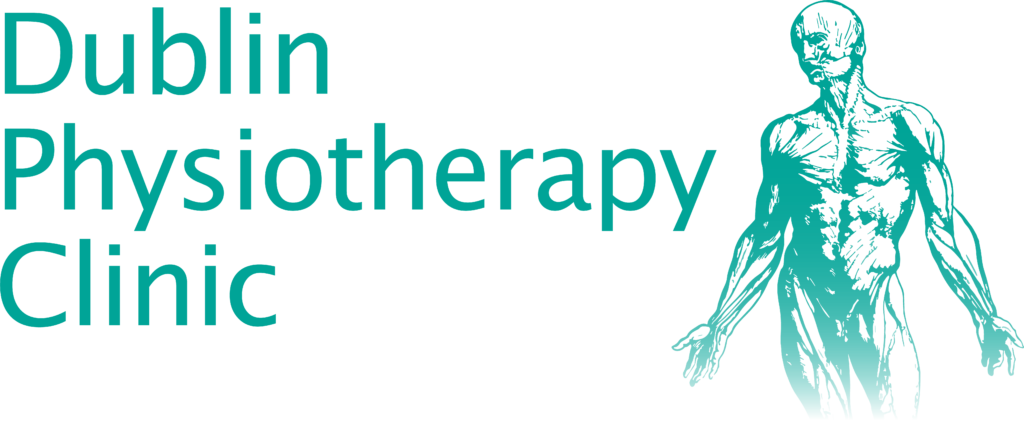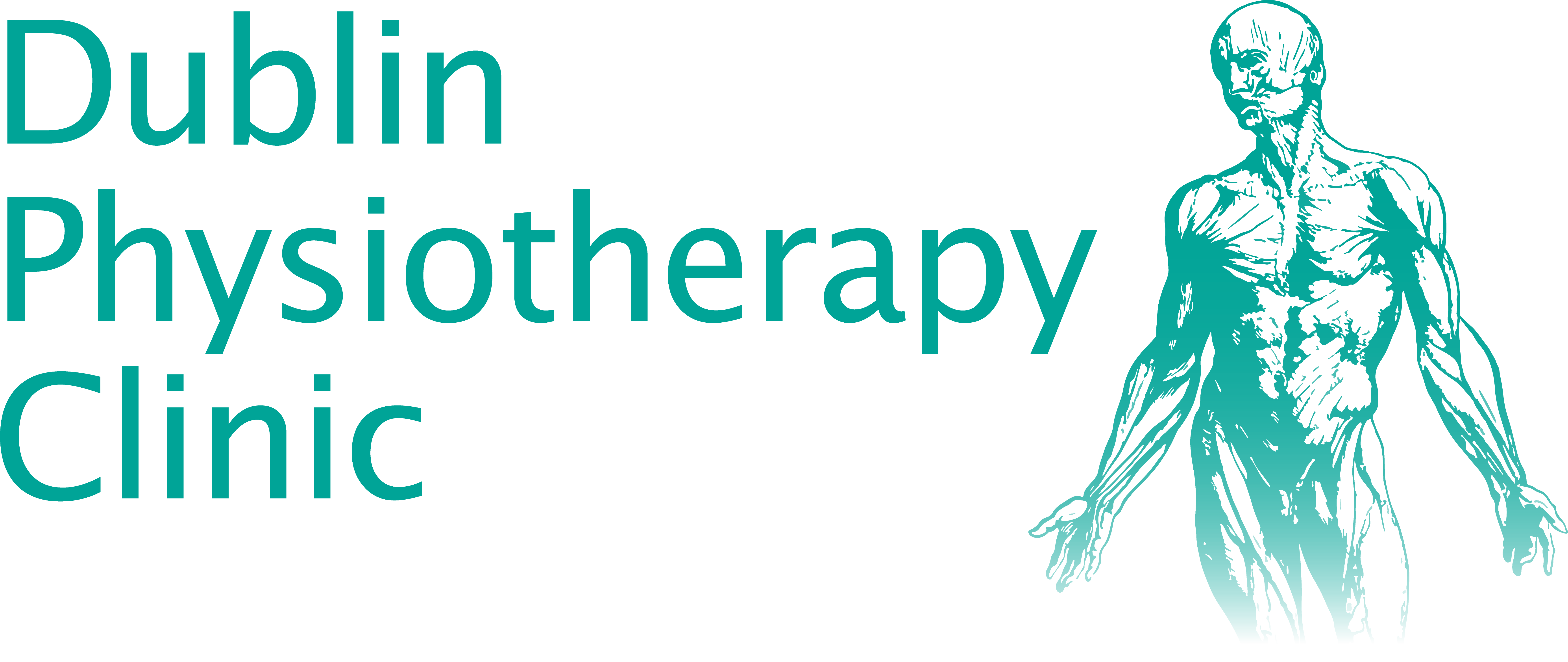Parkinson's Disease
NeuroPhysiotherapy and medication are the primary treatments of choice in managing Parkinson’s Disease (PD)
There is a wealth of evidence supporting the role of neurophysiotherapy and exercise prescription in the management of this complex movement disorder.
Neurological Physiotherapy addresses motor features to improve performance of walking and everyday functional movements.
Essentially the distinctive motor features of Parkinson’s that interfere with movement are:
1
Slowness of movement
movements are performed at a slower pace.
2
Reduced amplitude of movement
moving the limb or torso to its fullest extent reduces which can overtime lead to weakness.
3
Reduced automaticity of movement
movements that are usually performed automatically and without thought become more challenging. Typically, these include hand function, walking, multitasking.
What does Physiotherapy involve?
A physiotherapy consult includes a detailed physical examination to devise a program specific your needs, time to discuss your concerns and guidance to help you manage your condition.
Physiotherapy Treatment:
The essential components of an effective rehabilitation program combine manual therapy with specific brain training techniques, sensory cueing strategies, large body movements and structured exercise.
Movement problems are often present at the time of diagnosis. It is important to address these symptoms immediately before they interfere with your daily activities.

Early Physiotherapy intervention is also crucial to counteract faulty movement patterns and to limit secondary effects of Parkinson’s such as pain, joint stiffness and muscle weakness.
Our focus is to help you to move to the best of your ability, to continue to enjoy what is important to you and to lead an active life.
Like many other lifetime medical disorders (eg diabetes, heart complaints and respiratory conditions) Parkinson’s disease requires lifelong management beginning at initial diagnosis through the course of your life.
A baseline evaluation is a good place to start. If you would like to talk with a member of our team
please call (01) 8829174

10 Key facts about exercise and parkinson's disease
- Exercise is regarded as the new medicine for Parkinsons.
- There is emerging evidence that intensive exercise may have neuroprotective properties and promote brain connections. So exercise may slow down the progression of the disease. Exercise can suppress PD symptoms and improve motor performance.
- The evidence suggests exercising a minimum 2.5 hours, or 150 minutes, per week can slow the progression of Parkinson’s symptoms. The type and intensity are crucial factors.
- Parkinson primary symptoms of rigidity, slowness and postural instability can lead to joint stiffness, pain, muscle weakness and altered movement patterns. Therefore adopting a more active, exercise focused lifestyle is essential from initial diagnosis.
- Structured exercise regimes for PD have been shown to improve strength, balance, flexibility, walking and cognition.
- Exercise has also been shown to help with the non-motor symptoms of the condition such as fatigue, mood and sleep.
- Impairments in walking such difficulty stepping, turning and freezing and multitasking respond to specific physiotherapy exercise strategies.
- Exercises should be modified regularly both for variety and to ensure appropriate training stimulus is achieved. We now know that doing the same exercise for more than 6 – 8 weeks limits the potential for further improvement.
- So the evidence for embracing an active lifestyle is overwhelming. The key is to improve and preserve fitness levels, while also targeting Parkinson’s specific movement issues.
- International guidelines recommend seeing Parkinson’s specialist Physiotherapist as this is associated with better health outcomes. Our understanding of this complex condition, together with our expertise in exercise rehabilitation place us in prime position to help you manage your condition.
Call today (01) 8829174 to arrange an appointment with our team or leave your details below and we will call you back.

Grainne Mckeown
is qualified in LSVT “BIG” program. Chairperson of the Physiotherapy and PD special interest group, has attended the international PD Physiotherapy school and is involved in teaching Physiotherapists about Parkinsons disease. She runs the movement disorder clinic in the Dublin Neurological Institute, Mater hospital and the PD class in the Mater hospital.

Martin Towey
is qualified instructor in PD Warrier, mindfulness instructor and co-ordinator of the PD classes in the clinic. He also runs mindfulness parkinsons classes.
Dublin Physiotherapy Clinic



